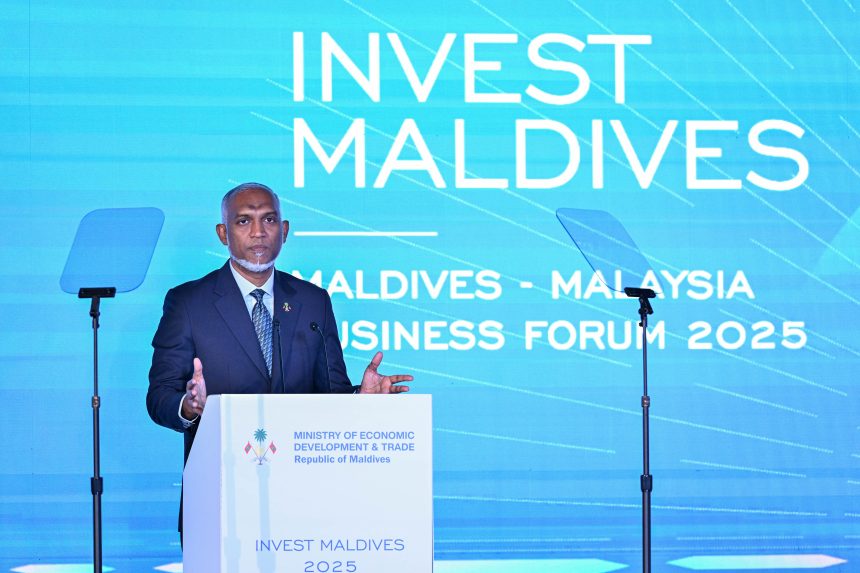Today, the Ministry of Tourism and Environment released the details of the Halal tourism policy—fulfilling President Dr. Mohamed Muizzu’s pledge to propel the Maldives into a new era of inclusive growth.
The ministry’s announcement clarifies that five regions will host resorts built to cater to Muslim travellers without excluding other guests. These Halal-designated developments will span both the construction and operation phases, under a carefully crafted incentive package.
Key concessions unveiled include:
- 20% slash in lease acquisition fees for Halal-tourism resort plots.
- Installment-based payment plans, allowing lease dues to be paid in the first quarter of Years 5 and 6 of development.
- Complete waiver of land rent for any island or lagoon opened before the end of its grace period—no deferred payment, total cancellation.
- Up to 20% duty exemption, covering essential capital investments like furniture, kitchen appliances, electronics, and guest amenities.
These measures aim to streamline investor entry. The concession package makes it easier and less expensive to build resorts that align with Islamic values—such as alcohol-free zones, prayer facilities, halal-certified dining, and private leisure spaces.
President Muizzu government’s directive dovetails with today’s guideline announcement of financial and regulatory concessions for broader tourism expansion efforts in underdeveloped atolls—including Haa Alif, Haa Dhaalu, Shaviyani, Thaa, Laamu, and Addu City—where new investment options are being opened under closed and open bidding models.
Economic analysts expect this dual-track strategy to draw Muslim travellers from key markets like the Middle East and Southeast Asia, where global Halal tourism spending is projected to exceed USD 300 billion by 2026.
This announcement marks a crucial milestone. By officially codifying the Halal tourism framework, the ministry gives investors clarity. By reducing costs and simplifying procedures, it accelerates regional economic development. By focusing on tradition and modernity, it positions the Maldives as a culturally respectful, globally competitive destination.
With policy now firmly in place, the Maldives edges closer to Muizzu’s vision: an island nation where prosperity meets purpose—one Halal‑certified reef‑framed resort at a time.




